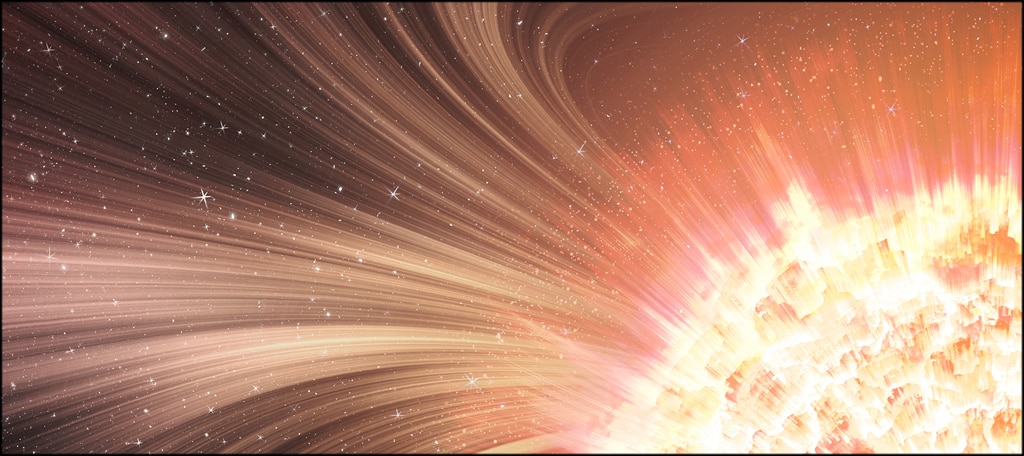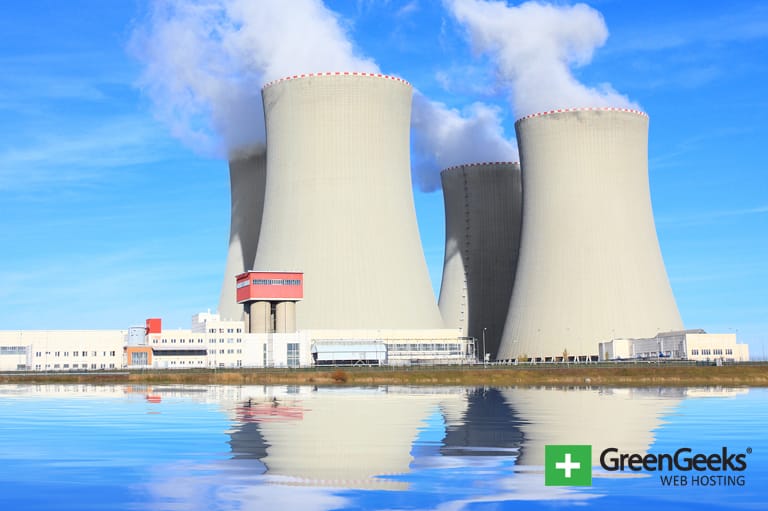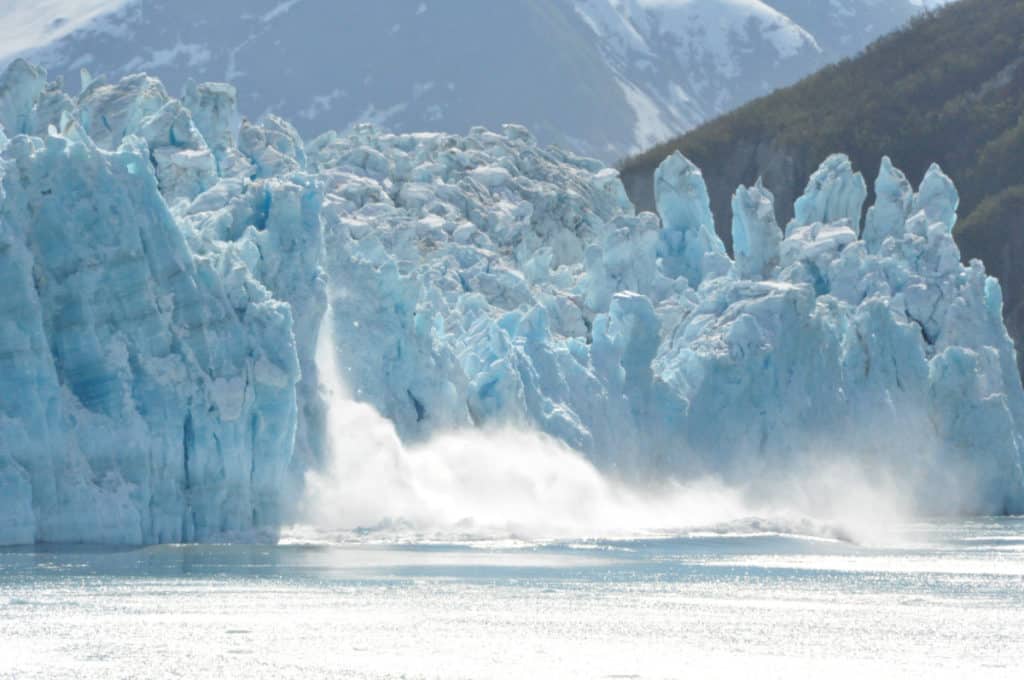Nuclear energy has been around for over 60 years and provides 11% of the world’s electricity with zero emissions. However, this doesn’t mean nuclear is without its faults.
Today, we will examine both the pros and cons of nuclear energy.
Advantages of Nuclear Energy
As you may expect a source of energy that has been around for over 60 years must have quite a lot of advantages.
1. Low Pollution
With climate change in everyone’s mind, it should be no surprise to see its small environmental impact at the top of the list. There are no carbon or methane emissions from nuclear power plants. The main form of pollution generated is nuclear waste which is properly disposed of in landfills.
2. Can Be Built Almost Anywhere
Unlike other clean energy sources like solar, wind, and hydro, it does not have any prerequisites to be built. For example, a wind turbine needs to be built where there is a semi-constant amount of wind, a hydro plant near water, and solar panels need sun. Instead, a nuclear plant can be built anywhere, which is why some nations rely almost entirely on them.
3. Cheap Electricity
While building a nuclear power plant can be expensive, once it’s built, the electricity it produces is extremely cheap. Plants are built to last anywhere from 40-60 years and only require uranium to produce electricity. And this isn’t just compared to clean energy. It is competitive with fossil fuel sources like natural gas and coal as well.
4. Reliable
Unlike solar and wind energy, nuclear energy is extremely reliable. You can even control how much energy is produced at any given moment, which means you can produce exactly what is needed. This by itself makes it one of the most important factors when it comes to selecting it as an energy source.
5. It Could Be Renewable One Day

There is not an infinite supply of uranium. And one day, it will run out. However, it is possible to one day make nuclear energy renewable. You see, one of the by-products of these power plants is plutonium, which could also be used to produce electricity. And perhaps in the future, it may be possible to simulate what occurs in the sun to get an infinite amount of energy reactions.
Disadvantages of Nuclear Energy
Of course, with the good comes the bad and nuclear power is no different.
1. Nuclear Incidents
Throughout the history of nuclear power plants, there have been a few major events that have occurred, with the most well-known one being Chernobyl. A nuclear meltdown is a serious risk and could leave the land unlivable for decades. And the worst part is it might not even be as a result of plant failure.
Look at 2011’s Fukushima Daiichi nuclear incident in Japan. The plant was struck by both a 9.0 earthquake and hit by the followup tsunami. This has gone down as the worst nuclear incident since Chernobyl in 1986.
2. High Initial Costs

While the energy these plants produce is very cheap, they do have very high initial costs. The costs have become astronomic, which is why it is becoming rarer to see new reactors built. In 2017, rectors being built in South Carolina and Georgia had cost estimates of 14 billion, have risen to 23 billion. This makes them the most expensive power plants to build.
3. Not Renewable Yet
While it is very possible for them to become renewable energy sources with advancements in research, in 2020, they are not. Uranium is a finite resource that can run out. It is hard for experts to predict when uranium resources will deplete since the number of reactors is changing on a yearly basis, but it will happen in the future.
4. Security Issues
Unfortunately, modern militants have relied on terrorist activities to send their message. And as you can probably imagine, nuclear reactors can do a lot of damage if attacked. Luckily, none have been targeted, but it is a real possibility. And many nations spend millions making sure these plants are safe.
5. Radioactive Waste
While there are no greenhouse gas emissions to worry about, nuclear reactors do produce one kind of waste…the radioactive kind. While it is true that nuclear power plants take waste disposal very seriously and there have been very few incidents related to waste disposal, it is a real threat to worry about. These materials can be harmful for decades to come and transporting them is the biggest risk.
Combatting Fossil Fuels
Although there is a significant risk involved when it comes to setting up nuclear energy, it’s still more viable than using fossil fuels. Aside from the up-front costs, they are generally safe and superior to coal and oil in terms of combatting climate change.



That’s so cool! Thank you for making this, it helps me a lot on a project of mine for school!!